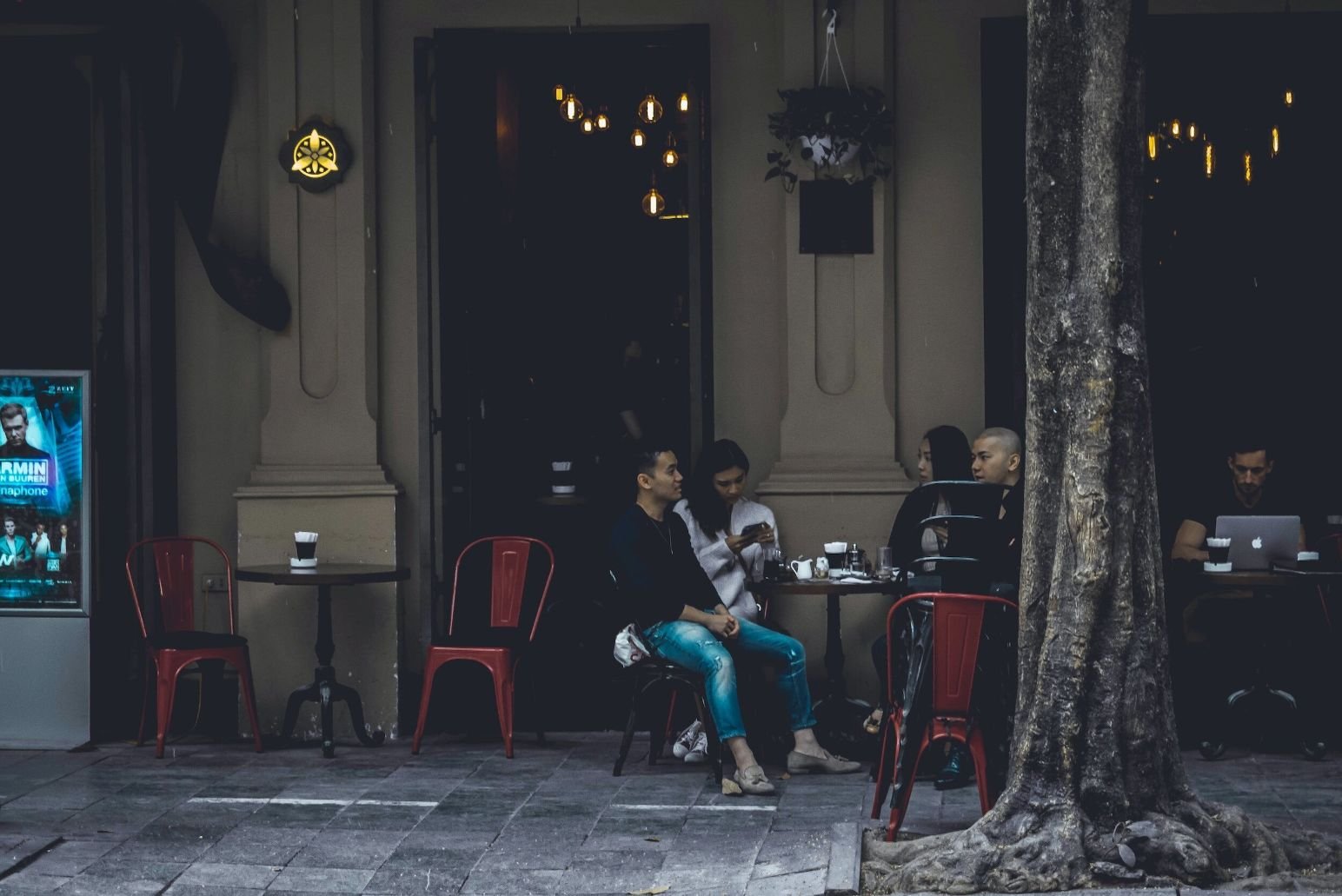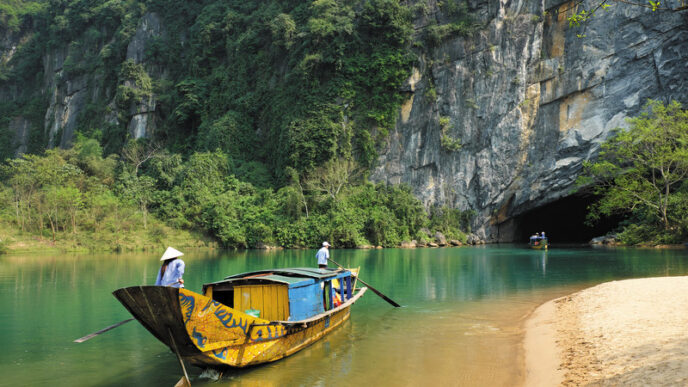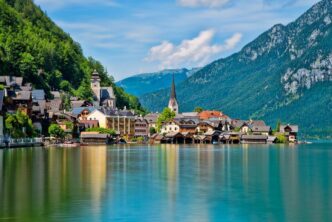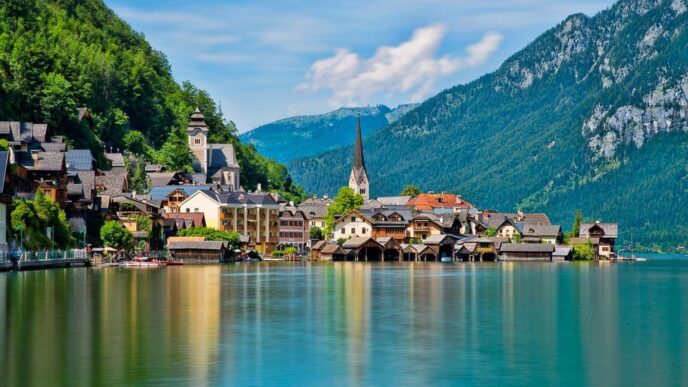Vietnam is renowned not only for its stunning landscapes and rich history but also for its vibrant coffee culture. As the world’s second-largest coffee producer, Vietnam has a unique relationship with coffee, deeply rooted in its daily life, traditions, and culinary innovations. From iconic street-side coffee shops to exotic coffee recipes, Vietnam offers a coffee experience like no other.
The Origins of Coffee in Vietnam
- French Influence
- Coffee was introduced to Vietnam by French colonists in the 19th century.
- Over time, the Vietnamese adapted coffee to their tastes, incorporating local ingredients and methods.
- Robusta Dominance
- Vietnam is a leading producer of robusta beans, which have a bolder, more bitter flavor compared to arabica beans.
- These beans form the backbone of Vietnam’s coffee industry.
Key Elements of Vietnamese Coffee Culture
- Street-Side Cafes
- Vibrant coffee culture thrives in Vietnam’s bustling streets, where small cafes with low plastic stools are a common sight.
- These cafes serve as social hubs where people gather to chat, work, or simply enjoy the rhythm of the city.
- Community and Connection
- Coffee in Vietnam is more than a beverage; it’s a social ritual.
- From business meetings to casual gatherings, coffee often facilitates meaningful interactions.
Signature Vietnamese Coffee Styles
- Cà Phê Sữa Đá (Iced Coffee with Milk)
- A refreshing blend of strong robusta coffee, condensed milk, and ice.
- Known for its creamy texture and bold flavor, it’s a favorite in Vietnam’s tropical climate.
- Cà Phê Đen (Black Coffee)
- Strong, dark, and aromatic, served either hot or iced, often sweetened with sugar.
- Egg Coffee (Cà Phê Trứng)
- A unique Hanoi specialty featuring whipped egg yolks, sugar, and condensed milk atop strong coffee, creating a creamy, dessert-like drink.
- Coconut Coffee (Cà Phê Cốt Dừa)
- A delightful combination of coffee blended with coconut cream, perfect for hot days.
- Yogurt Coffee (Cà Phê Sữa Chua)
- A fusion of tangy yogurt and robust coffee, reflecting Vietnam’s love for creative coffee pairings.
Coffee Production and Exports
- Global Export Leader
- Vietnam is the second-largest coffee exporter, contributing significantly to the global market.
- Robusta beans dominate the exports, but specialty arabica coffee is gaining popularity.
- Sustainable Practices
- Many Vietnamese coffee farms are adopting sustainable and organic farming techniques to meet global demand for eco-friendly products.
Modern Trends in Vietnamese Coffee Culture
- Third-Wave Coffee Movement
- Specialty coffee shops are emerging in urban centers like Hanoi and Ho Chi Minh City, focusing on single-origin beans and innovative brewing techniques.
- Local Brands on the Rise
- Vietnamese brands like Trung Nguyên Legend and Highlands Coffee are expanding globally, showcasing the country’s unique coffee offerings.
- Fusion Recipes
- Contemporary cafes experiment with ingredients like matcha, fruit syrups, and alcohol to create modern twists on traditional recipes.
Experiencing Coffee Tourism in Vietnam
- Coffee Farms in the Central Highlands
- Regions like Đắk Lắk and Buôn Ma Thuột offer immersive tours where visitors can learn about coffee cultivation and production.
- Café Hopping in Cities
- Cities like Hanoi and Ho Chi Minh City are home to countless charming cafes, each with its unique style and ambiance.
- Cultural Workshops
- Participate in coffee-making workshops to learn the art of brewing Vietnamese coffee.
Vietnam’s coffee culture is a vibrant blend of tradition, innovation, and community. Whether it’s sipping a cup of iced coffee on a bustling street or savoring the creamy richness of egg coffee, Vietnam offers a unique coffee experience that leaves a lasting impression. For coffee enthusiasts and cultural explorers alike, Vietnam is a destination worth savoring, one cup at a time.
Topics: Cà Phê Sữa Đá Coffee Culture Coffee Tourism Egg Coffee Hanoi Coffee Shops Sustainable Coffee Vietnam Travel Vietnamese Coffee Vietnamese Cuisine Vietnamese Robusta













